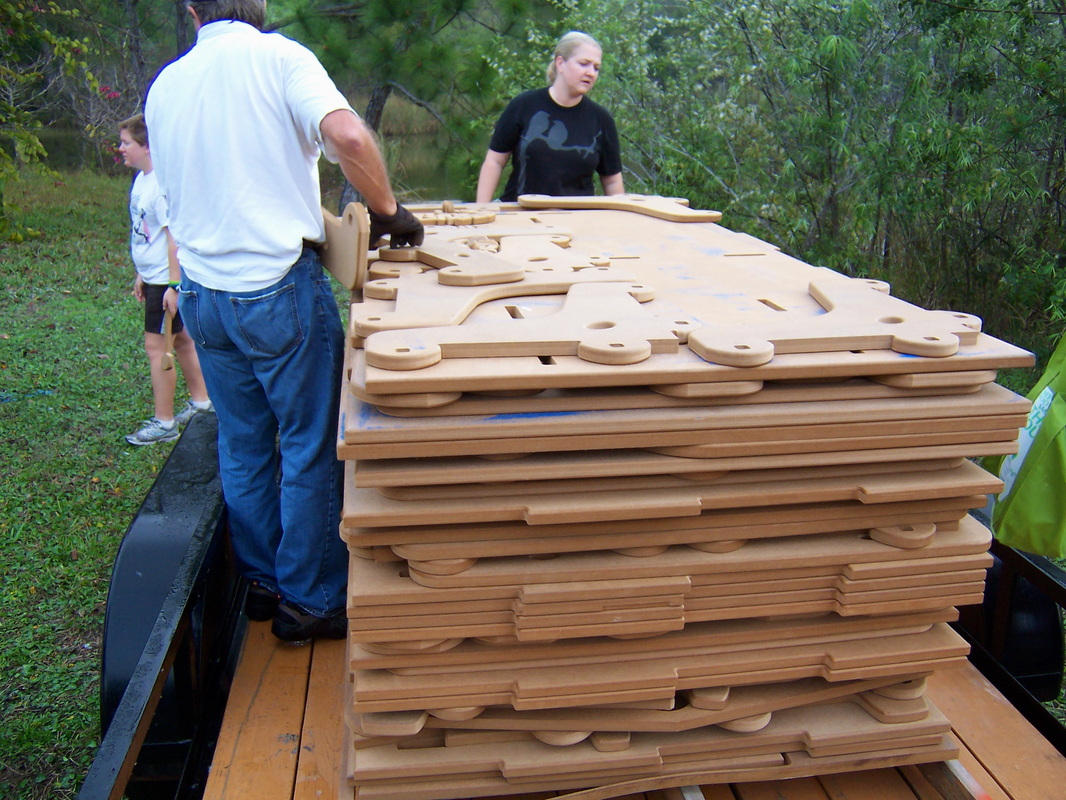How Does Architecture Integrate Principles Of Water Conservation?
Water conservation is something that we should all take seriously. Water is a finite resource and it is essential to our survival. That's why it's important to understand the principles of water conservation and how to implement them in our daily lives. Here are some important principles to keep in mind when it comes to water conservation:
1. Fix Leaks
Leaky faucets and pipes can waste a lot of water. In fact, a single leaky faucet can waste hundreds of gallons of water in a year. That's why it's important to fix leaks as soon as you notice them. Not only will this save water, but it will also save you money on your water bill.
2. Install Low-flow Fixtures
Low-flow faucets, showerheads, and toilets are designed to use less water than traditional fixtures. By installing these types of fixtures, you can reduce your water usage by up to 60%. This is an easy and cost-effective way to conserve water in your home or office.
3. Use Native Plants
Landscaping can be a major source of water usage, especially if you have a large yard. That's why it's important to choose native plants that are adapted to your local climate. These plants require less water than exotic species and are often more resistant to pests and diseases.
4. Use Greywater
Greywater is the wastewater that comes from sinks, showers, and washing machines. Instead of sending this water to a treatment plant, you can reuse it for irrigation or flushing toilets. This is an excellent way to conserve water and reduce your reliance on the municipal water supply.
5. Collect Rainwater
Rainwater harvesting is another effective way to conserve water. By collecting rainwater in a barrel or cistern, you can use this water for irrigation, flushing toilets, or even washing your car. This is a simple and cost-effective way to reduce your water usage.
6. Take Shorter Showers
Shortening your showers can save a lot of water. A 10 minute shower can use up to 50 gallons of water, while a 5 minute shower uses only 25 gallons. By taking shorter showers, you can reduce your water usage and save money on your water bill.
7. Don't Water Your Lawn Every Day
Watering your lawn every day can be wasteful, especially if you live in a dry area. Instead, try to water your lawn every other day or every few days. This will allow the water to penetrate the soil and reach the plant roots, which will help your lawn stay healthy and green.
8. Use Bucket to Collect Water
A simple bucket can be a great tool for conserving water. Use a bucket to collect the water that runs while you're waiting for the shower to warm up. This water can be used to water plants or flush your toilet. It's an easy way to save water and reduce your water bill.
FAQs:
Q. What are some other ways to conserve water?
A. There are many other ways to conserve water, such as repairing leaks in your swimming pool, using a broom instead of a hose to clean your driveway, and turning off the faucet while brushing your teeth. All of these small changes can add up to big water savings over time.
Q. Is it really worth it to conserve water?
A. Yes, it is definitely worth it to conserve water. Not only will you be helping to protect a valuable resource, but you will also save money on your water bill. Conserving water is something that we should all do, and it's easier than you might think.
Q. How can I get started with water conservation?
A. There are many ways to get started with water conservation. You can start by fixing leaks in your home, installing low-flow fixtures, and using native plants in your landscaping. You can also collect rainwater, use greywater, and take shorter showers. Every little bit helps, so start making changes today.
Q. Is there anything else I should know about water conservation?
A. Yes, it's important to remember that conserving water is not just a personal responsibility, it's a social responsibility. By reducing your water usage, you are helping to ensure that there will be enough water for future generations. So let's all do our part to conserve this valuable resource.




Post a Comment for "How Does Architecture Integrate Principles Of Water Conservation?"